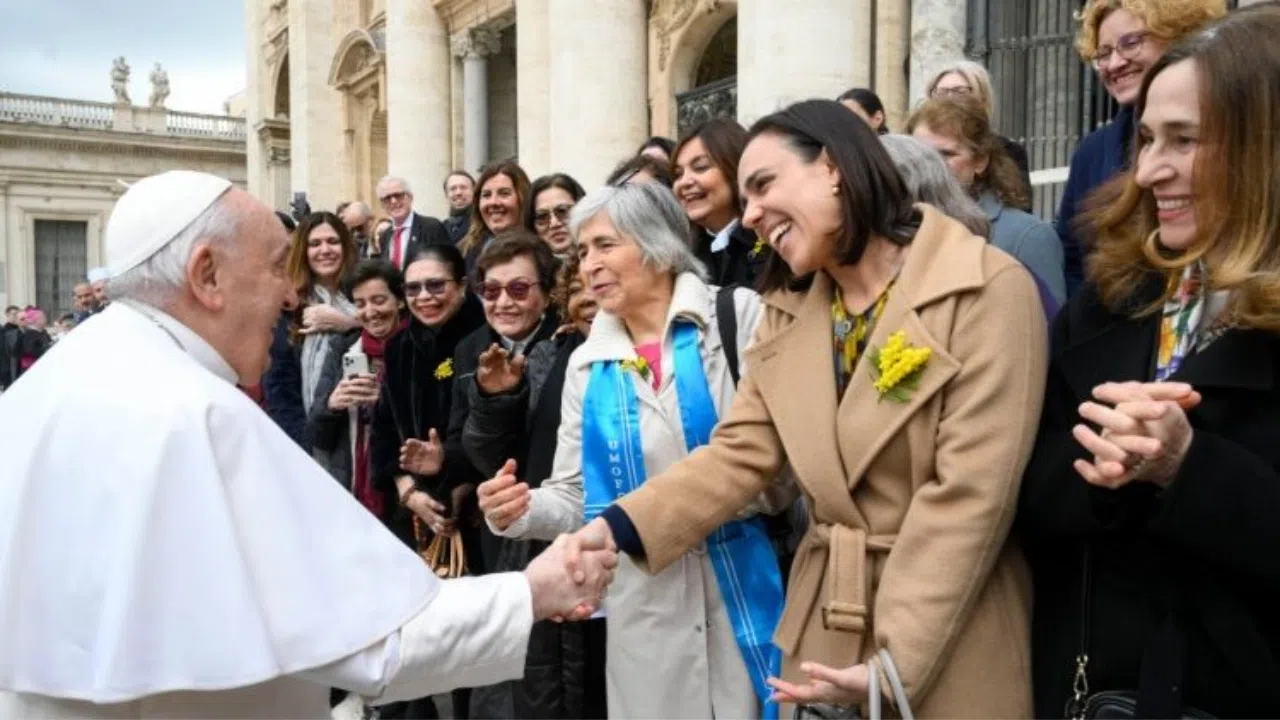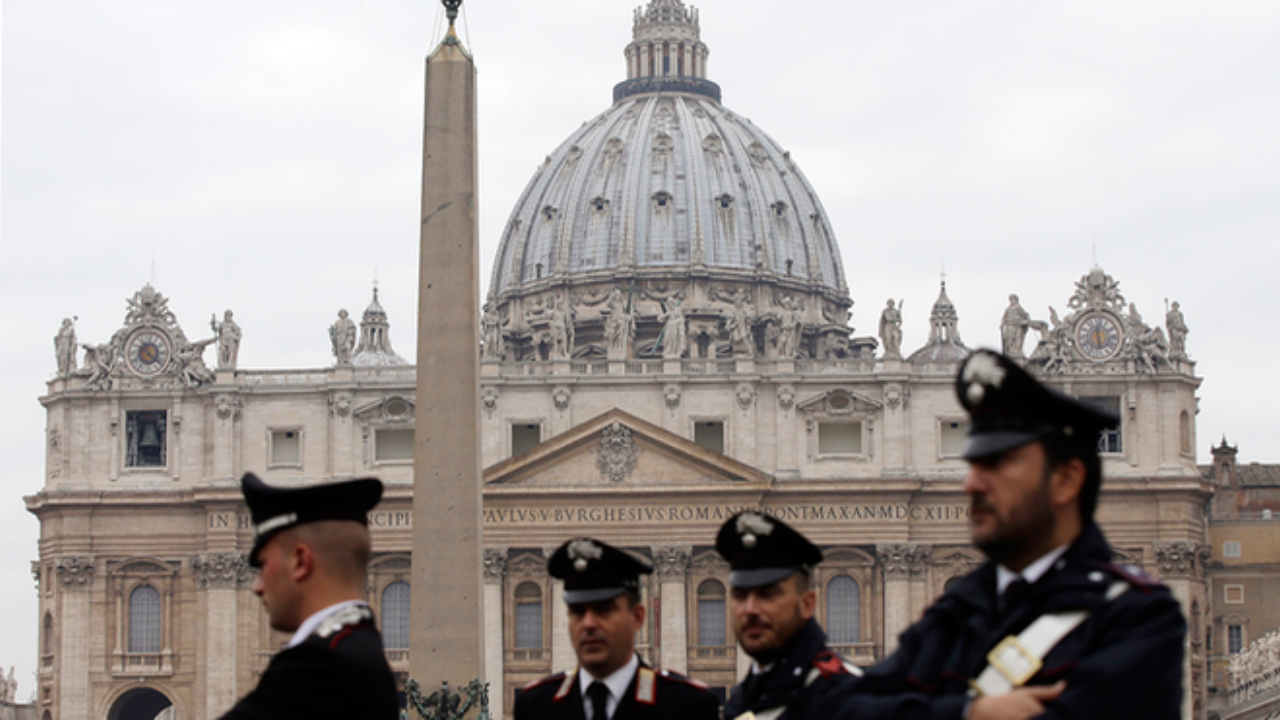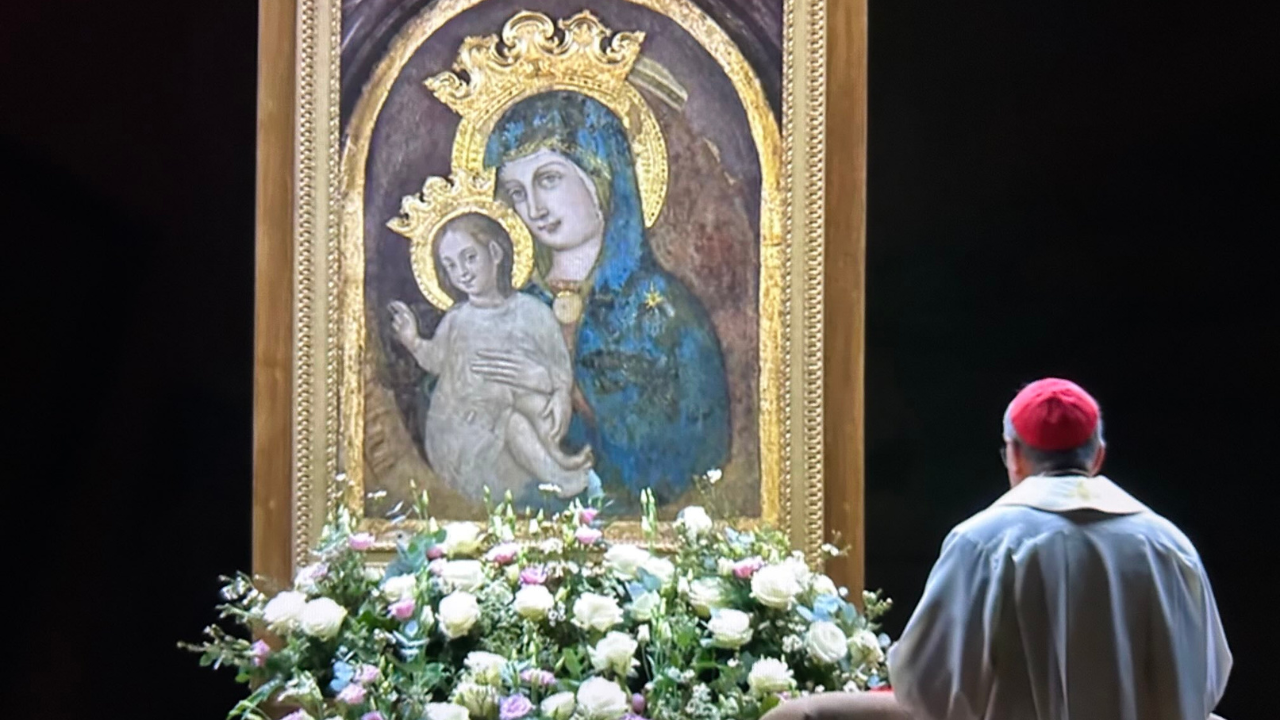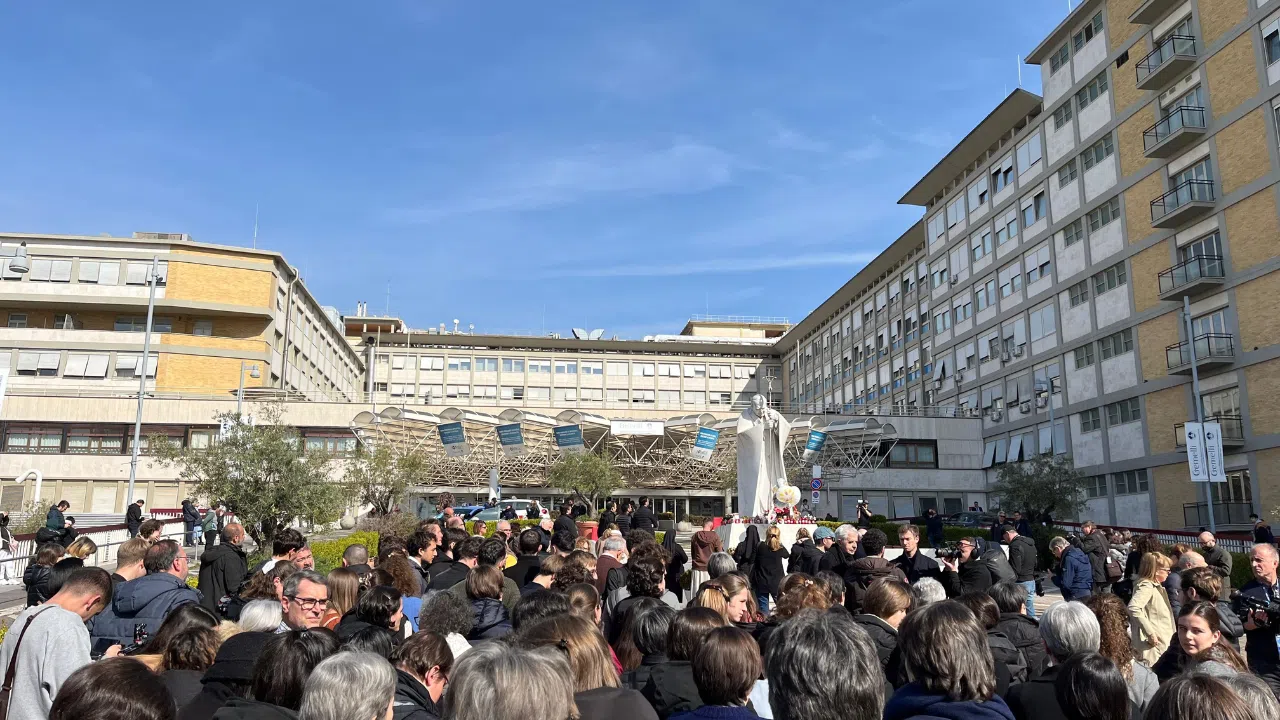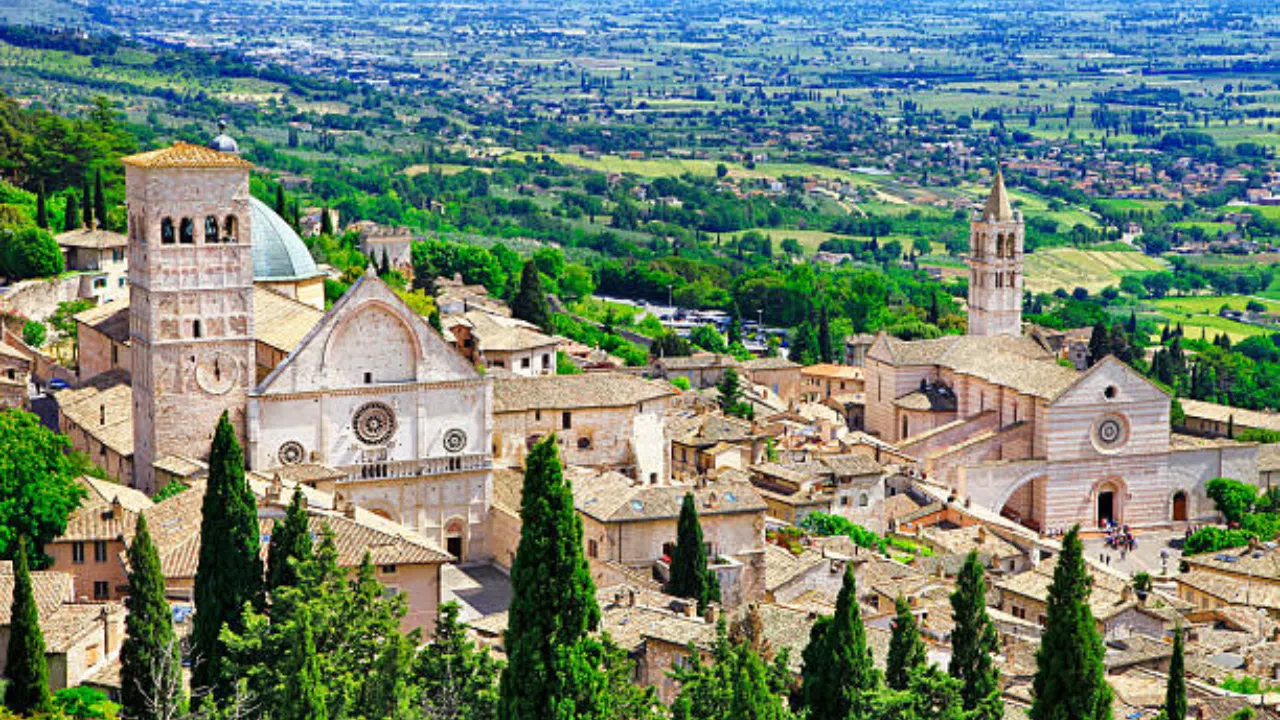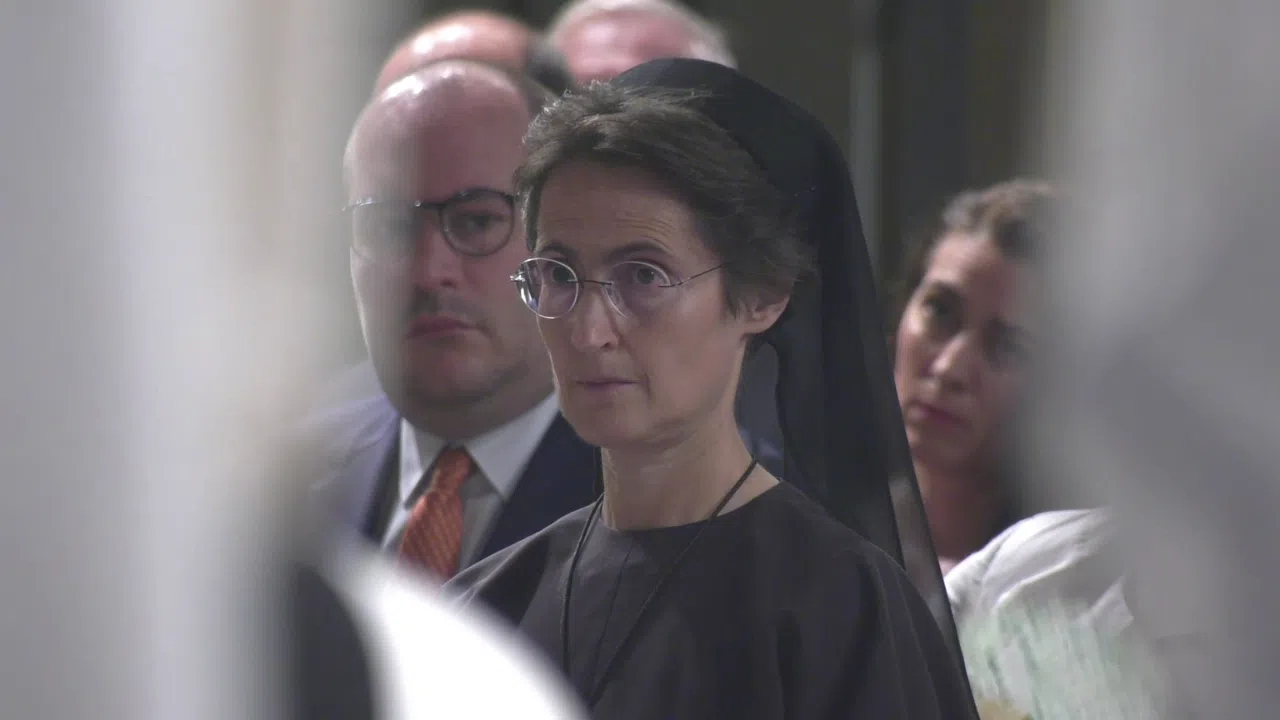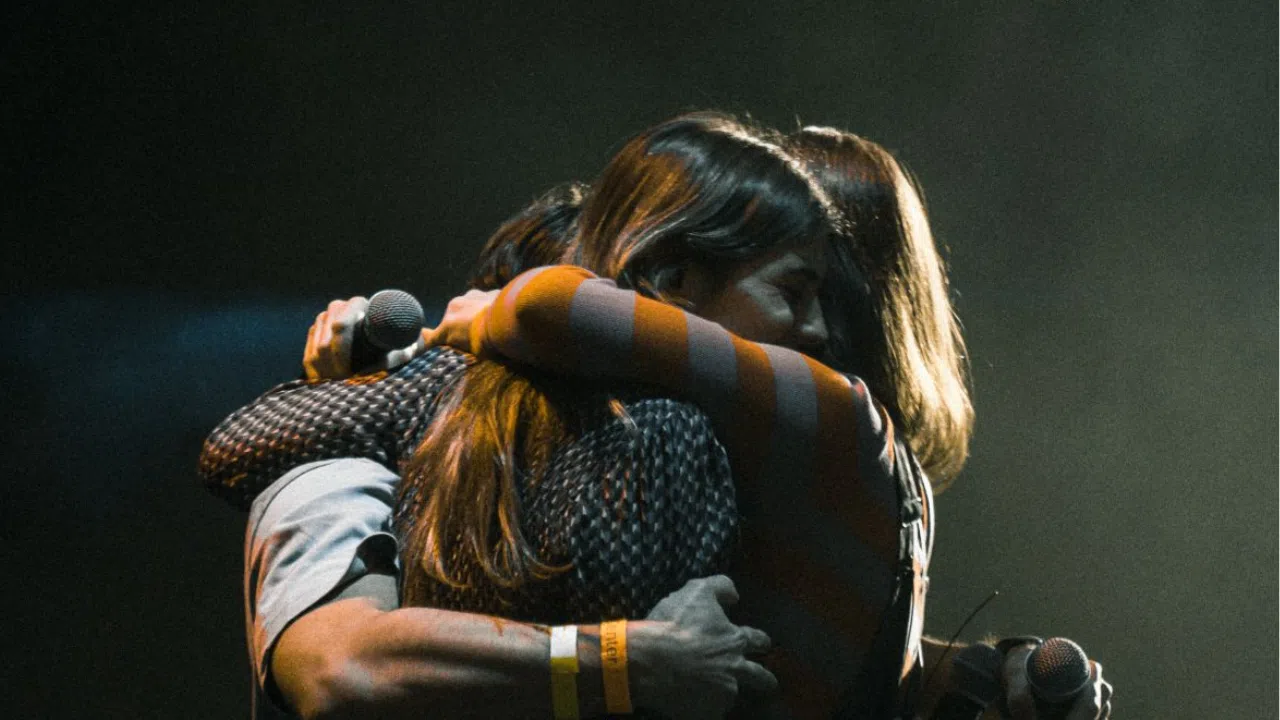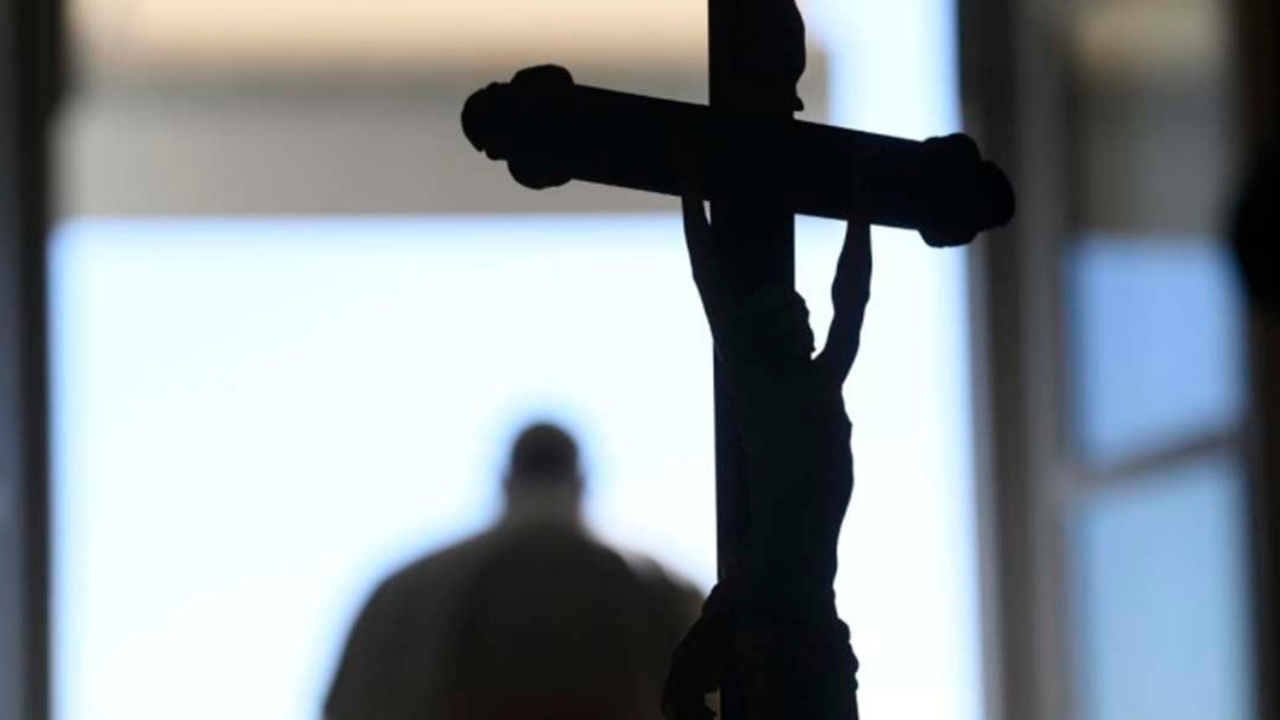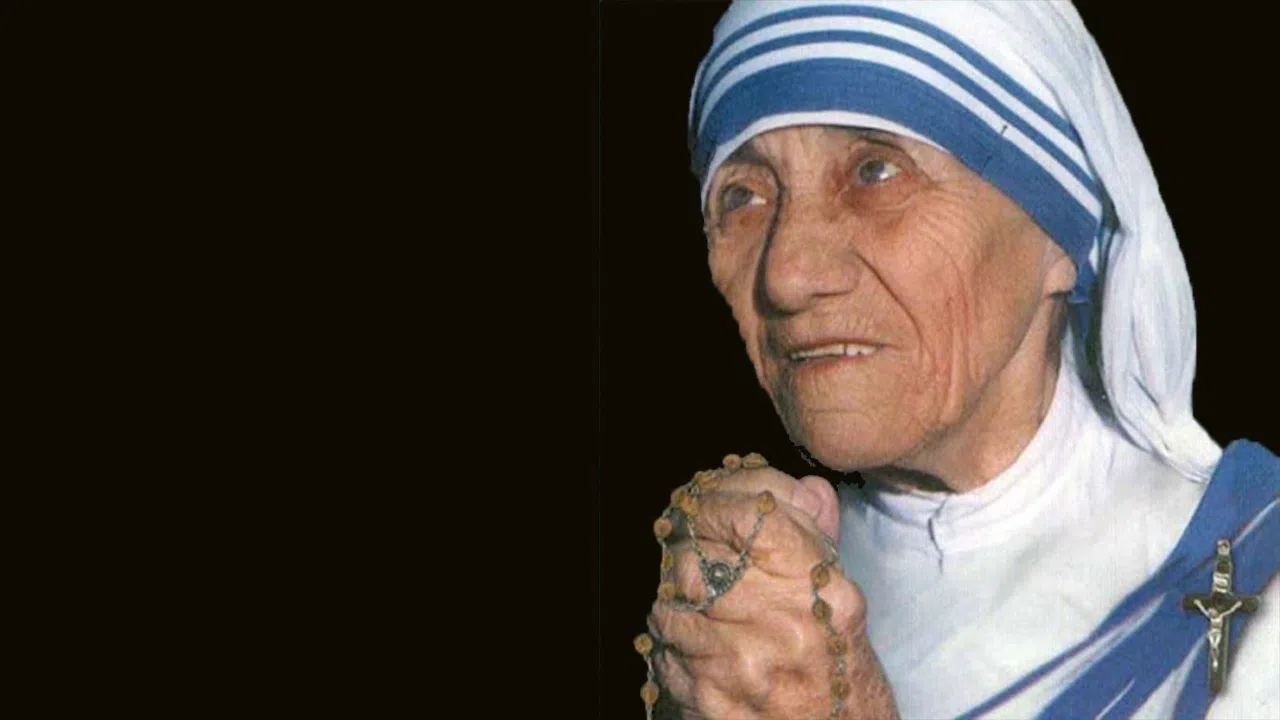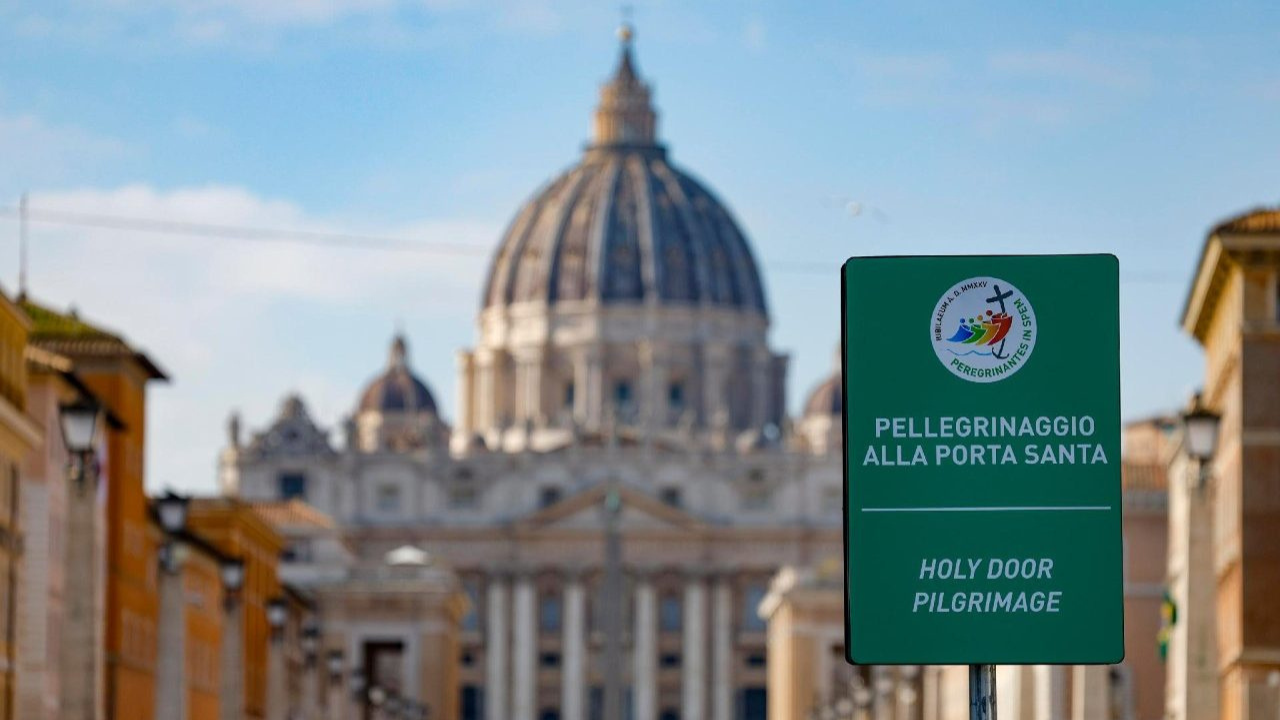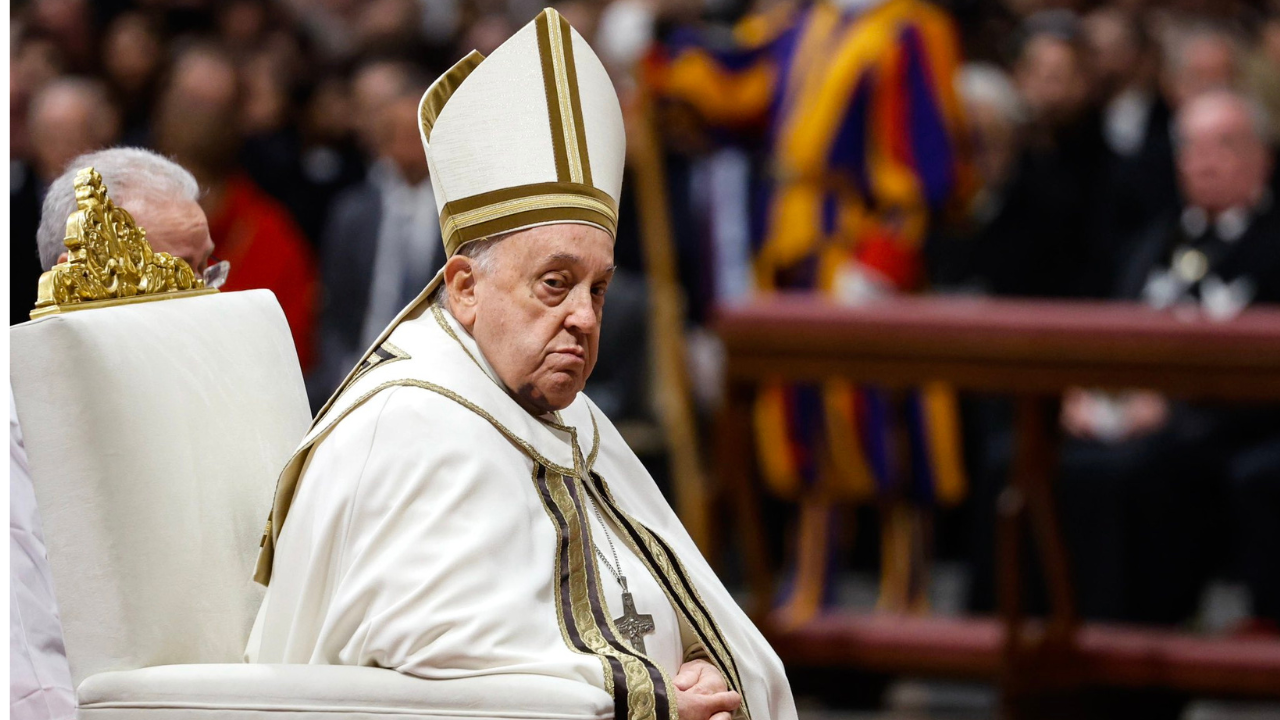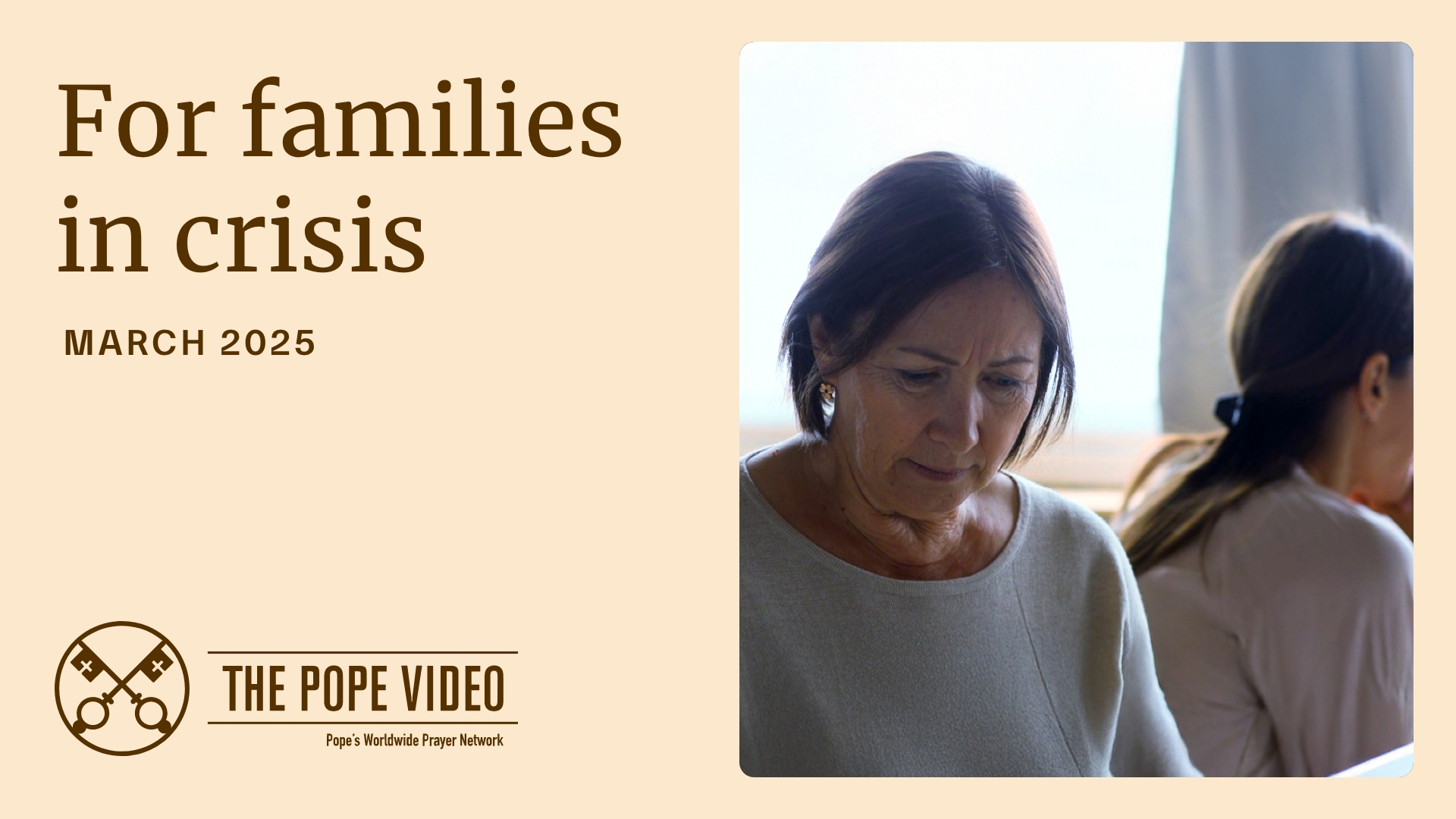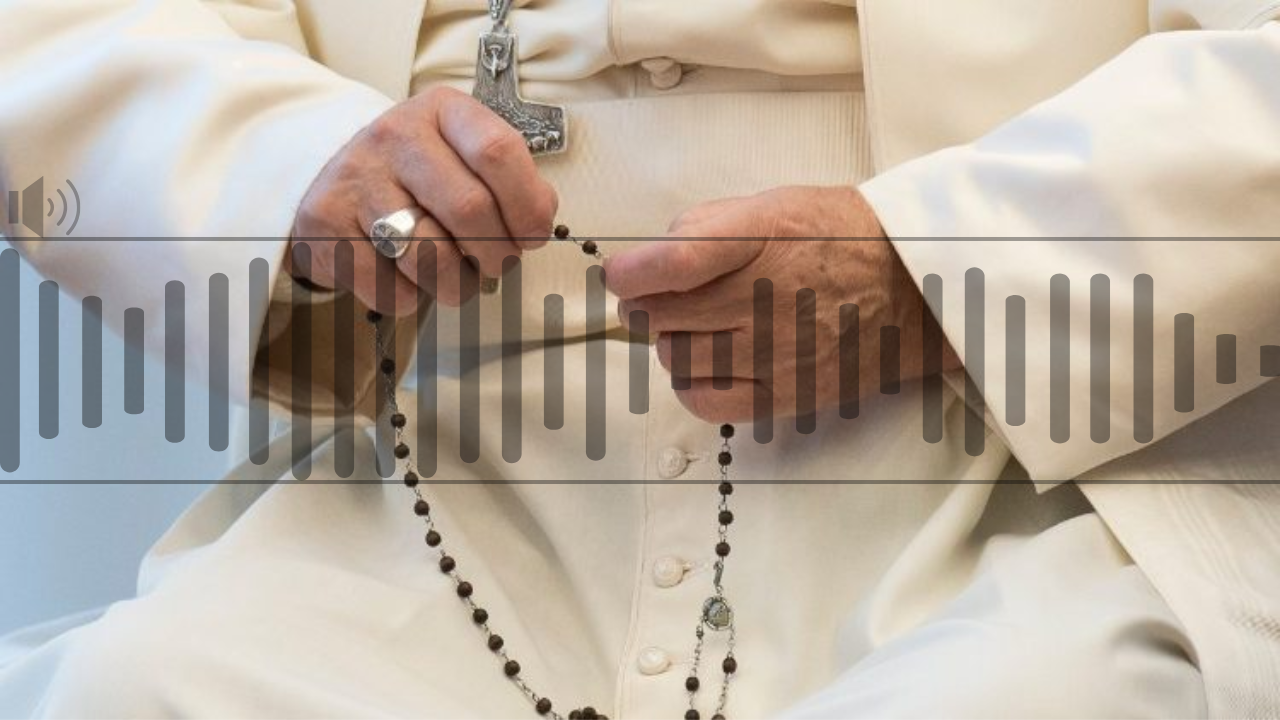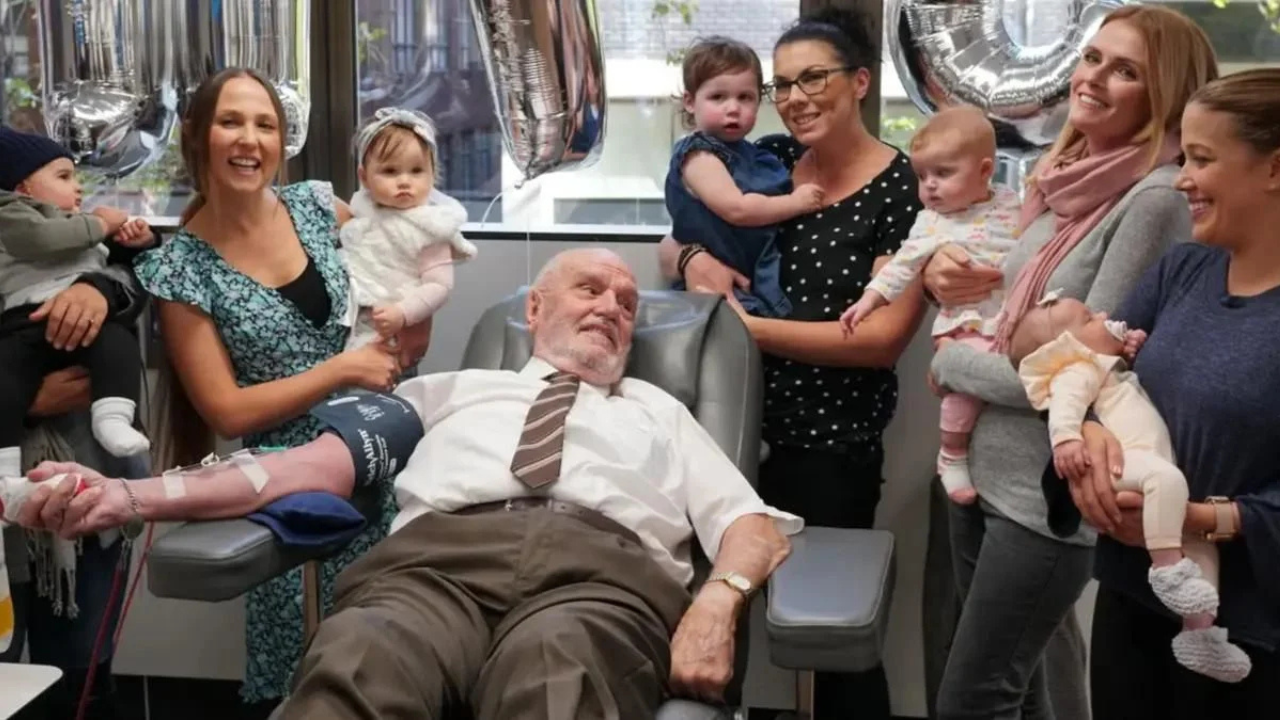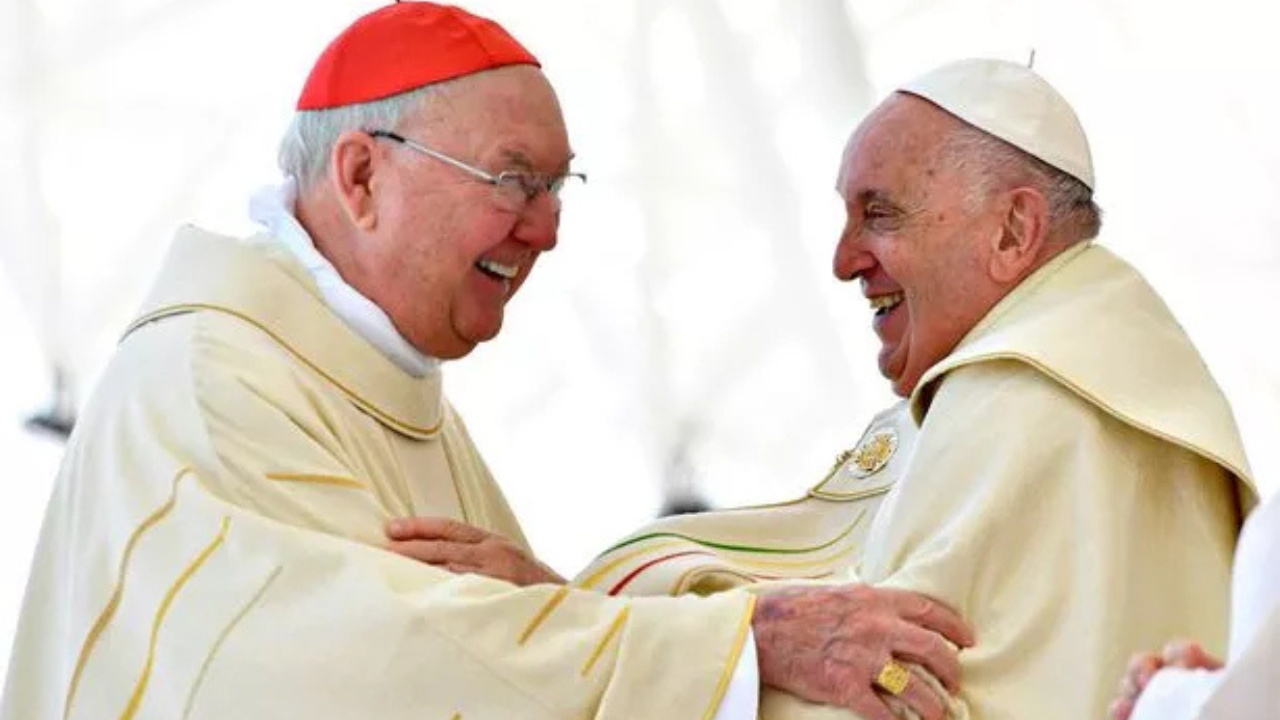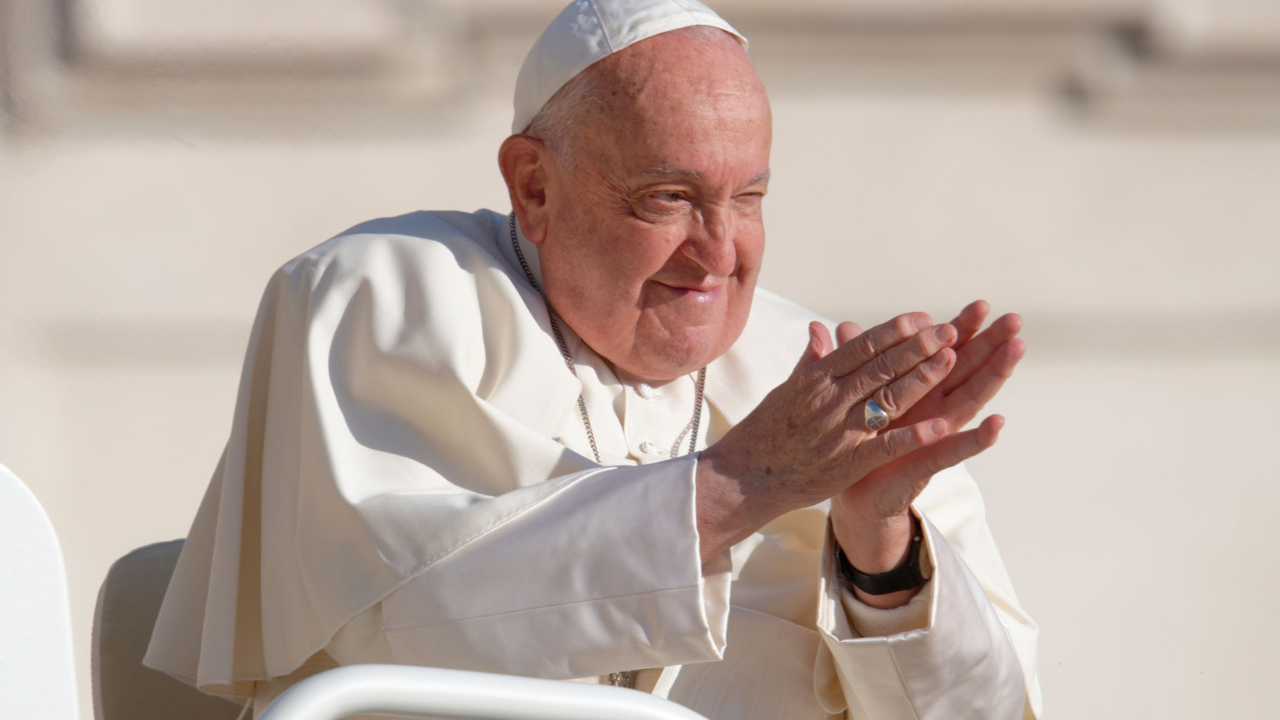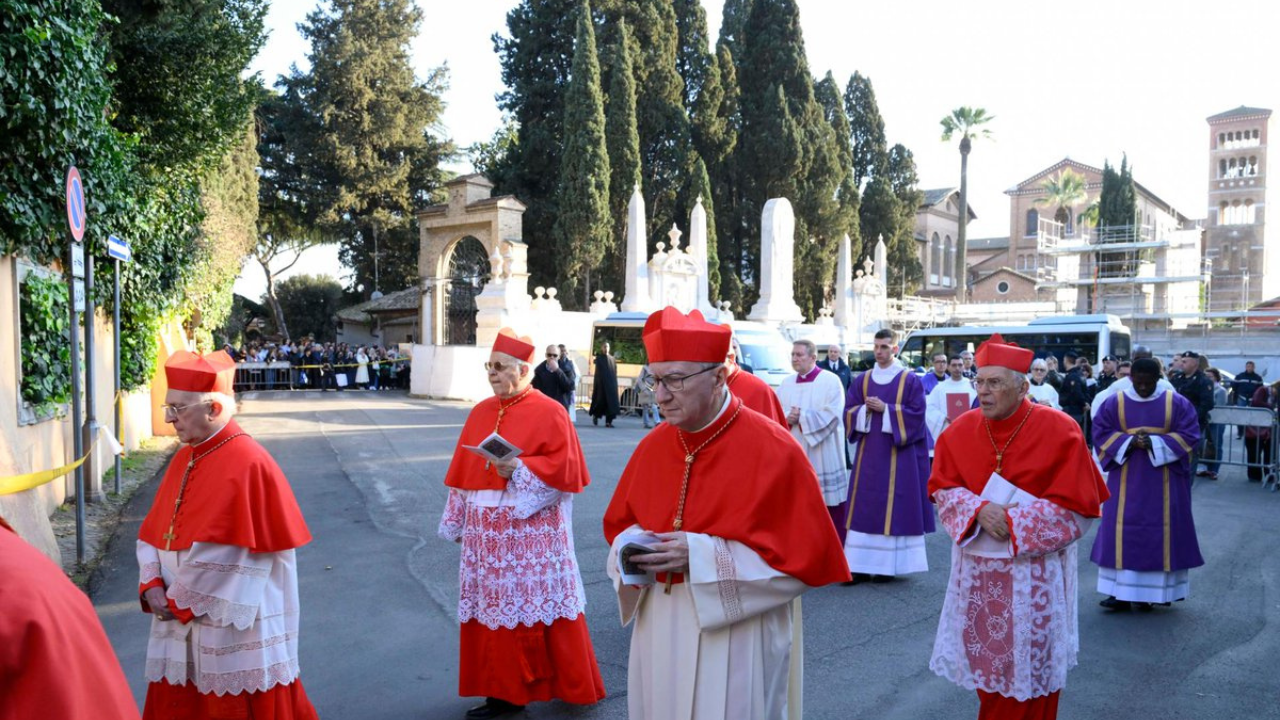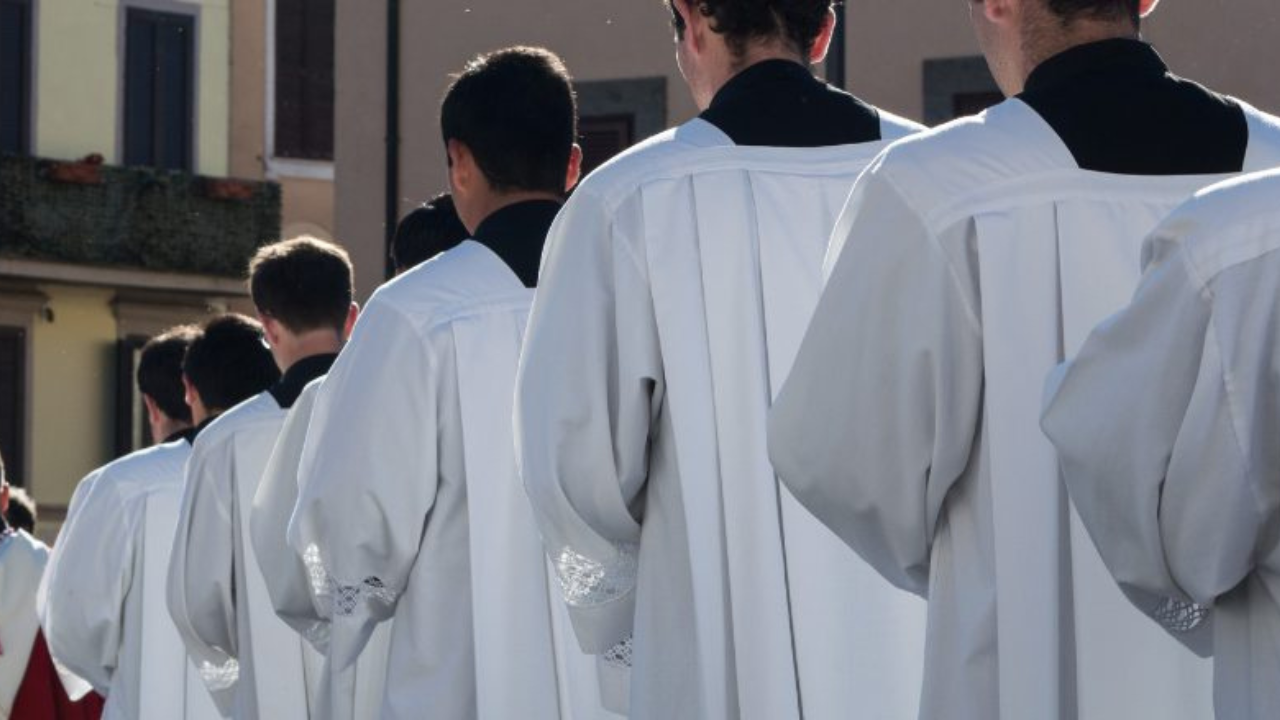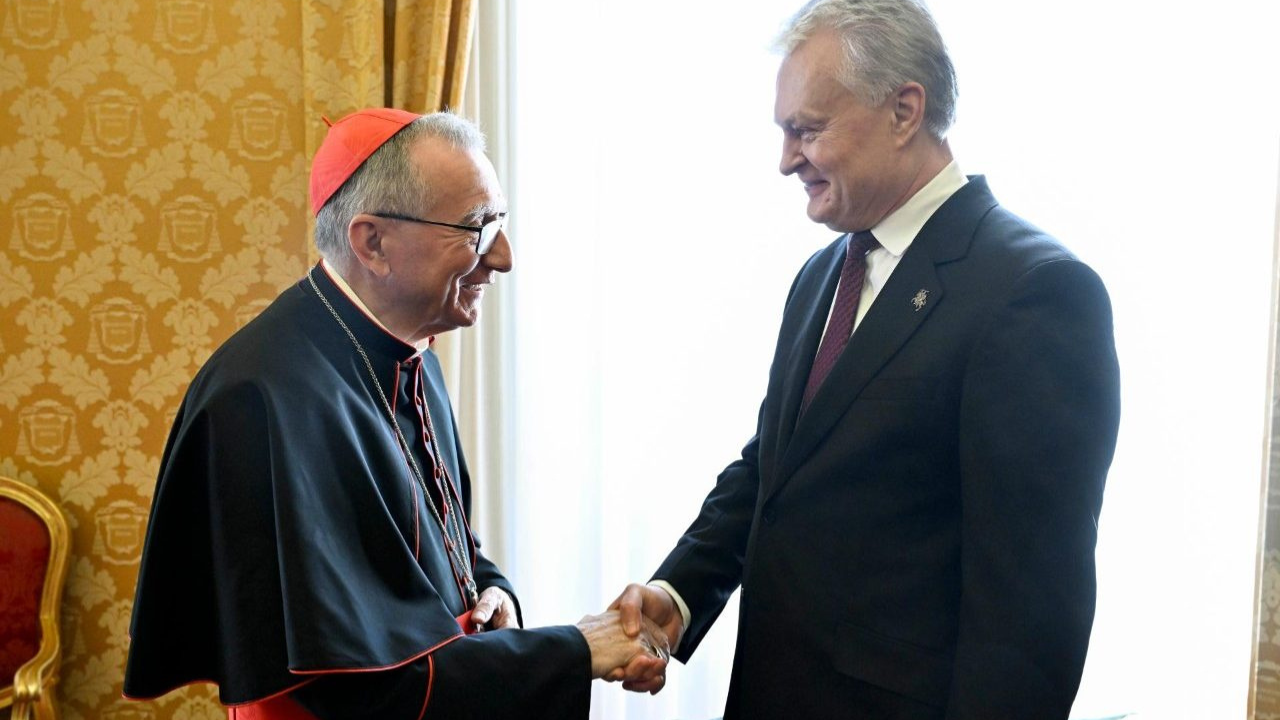Pope Francis summoned the 226 cardinals to Rome for a consistory. In the end, almost 200 were able to attend. Many, such as Cardinal Leopoldo Brenes, from Nicaragua, could not go because of the political crises in their countries. Others remained at home due to their age and health.
However, this did not prevent the meeting from taking place. The objective was clear from the beginning—to help the cardinals understand the spirit of the new apostolic constitution, Praedicate Evangelium—or as the experts say: to help move from paper to reality.
FERNANDO PRADO
The Church has been reflecting on the best possible reform during these nine years. It has been a long process, very thorough and edited by many people, and the process went on and on regarding the same thing until it was resolved. Now, we have to give life to the work, which is the hardest part.
During these two days, there were more cardinals in the Eternal City than usual. As they entered one of the sessions, they related messages of reassurance, explaining that they don't expect any major changes.
CARDINAL JOSEPH COUTTS
Archbishop Emeritus of Karachi, Pakistan
Pope Francis had published a document about the changes to be brought about in the Curia. Again, this is not somehting new. This had been prepared earlier, much earlier. So now, it's being put before all the cardinals—we already had copies—we are giving our views on it.
CARDINAL PATRICK D'ROZARIO
Archbishop Emeritus of Dhaka, Bangladesh
It's whole dimension is a missionary dimension and the emphasis is that all the baptized people are missionaries.
The Roman Curia is also for the mission of the Church—it's a mission to the Holy Father as well as mission to the particulare churches that are found all over the world.
The constitution leaves more room for the presence of lay people in the Curia. It also proposes a time limit to people holding high-ranking positions. But above all it implies a reorganization of internal departments, such as the Dicastery for Laity, Family and Life, which is expected to improve the dialogue between the Church and the world. Some of these departments had already been in place for some years.
The coordinator of the Council of Cardinals, Cardinal Óscar Rodríguez Maradiaga, explained last May that there are still many areas that will require reflection and changes.
KG/JRB
